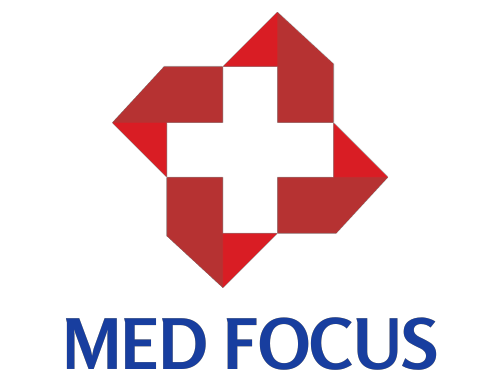Education plays an essential role in developing qualified and knowledgeable healthcare personnel in the ever-developing field of medicine. Personalized learning techniques are progressively replacing conventional, one-size-fits-all approaches to medical education. This change takes into account each learner's particular needs and learning preferences, maximizing their educational opportunities and eventually enhancing patient care. In this article, we examine the idea of personalized learning in medical education, showing its advantages for both students and the healthcare system while delving into its fundamental components.

Several important features and applications of personalized learning in medical education are provided below:
1. Individualized Learning Plans:
Medical educators collaborate with students to create tailored learning plans that take into consideration their objectives, areas of strength, and areas for development. These plans could contain tests, resources, and learning objectives that are tailored to the needs of the individual.
2. Curriculum Flexibility:
Personalized learning gives students some influence over the scheduling, sequence, and pace of their education. They can proceed through the curriculum at their own pace, concentrate on subjects that interest them, and spend more time in difficult subjects.

3. Technologies For Adaptive Learning:
Educational tools, such as computer-based simulations or intelligent tutoring systems, can adjust to the development of students and offer appropriate suggestions and resources. These technologies evaluate the knowledge and abilities of learners, pinpoint their weak points, and provide tailored learning opportunities in response.
4. Competency-Based Education:
Personalized learning in medical education frequently emphasizes competency-based advancement rather than traditional time-based measurements like credit hours. When learners can show that they have mastered particular abilities or talents, they move on to more advanced material and can spend longer time on difficult topics.

5. Coaching And Mentoring:
Coaching and mentoring are essential components of individualized learning. Educators or clinicians with experience act as mentors, assisting students as they progress through their study. These mentors offer insightful advice, encouragement, and criticism that is specifically catered to the requirements of each learner. The formation of future healthcare leaders and the promotion of professional development are both supported through mentoring connections, which promote a cooperative learning environment.

The standard framework change represented by personalized learning in medical education recognizes the individuality of every learner and aims to maximize educational opportunities in accordance with it. Personalized learning increases engagement, improves learning outcomes, and gives students the skills they need for lifetime learning through customizing learning plans, implementing adaptive technologies, and creating mentorship connections.
Kindly visit themedfocus.com for additional advice and recommendations about attending medical school. If you're seeking a trustworthy internet source, please check out the whole medical school package at the URL below.
https://themedfocus.com/products/the-complete-med-school-bundle

